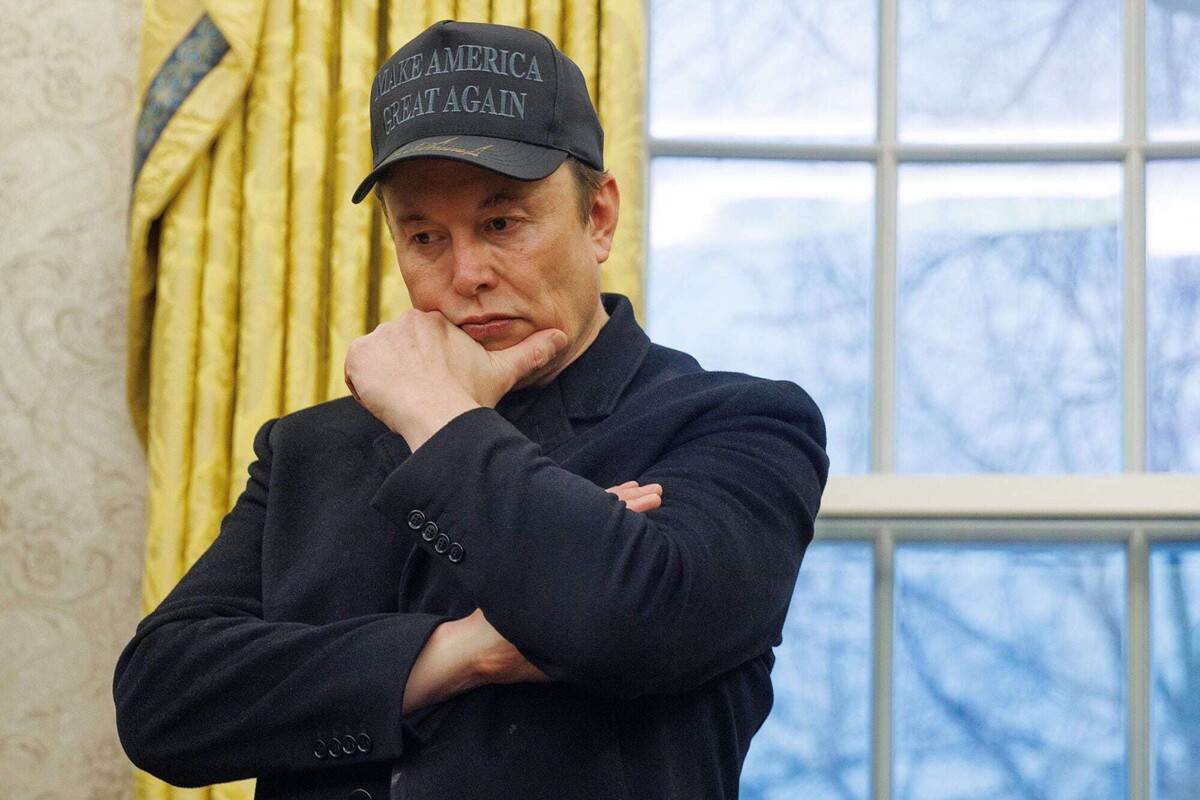
The Department of Government Efficiency led by Elon Musk has revealed a savings of 55 billion dollars in federal costs, although its website only details 16.6 billion of that total. A data error, which incorrectly assigned a sum of 8 billion dollars to a contract instead of the actual 8 million, significantly reduced the mentioned savings. This has raised questions about the department's transparency and accountability.
In a recent court presentation, the Trump administration claimed that Musk is not directly linked to DOGE but answers directly to the president, a decision that would distance him from some transparency laws. Despite his statements of "maximum transparency," the internal management of accounts and reports regarding DOGE has generated doubts.
A federal judge has denied a request to temporarily restrict DOGE teams' access to the government’s internal systems and to remove employees from U.S. agencies. This decision has been a win for Trump's flagship initiative, who has praised Musk's efforts and suggests that more is to come.
Despite criticisms regarding the lack of clarity in the reports and Musk's position in the company, Treasury Secretary Scott Bessent supported the estimated savings of 50 billion dollars so far. Trump described the effort as a discovery of "billions in frauds," hinting it could reach hundreds of billions of dollars.
Through SpaceX, Musk has secured multimillion-dollar federal contracts, raising concerns about potential conflicts of interest. Despite his stated purpose of reducing the deficit by a trillion dollars, it's unclear how these figures will be achieved, especially given Trump's commitment not to affect programs like Social Security, Medicare, and Medicaid.
Musk has mentioned the possibility of considering the Department of Defense as one of the next review targets. However, the lack of transparency in operational details and potential conflicts of interest pose significant challenges in the perception of DOGE’s effectiveness and integrity.














